Criminal law
-
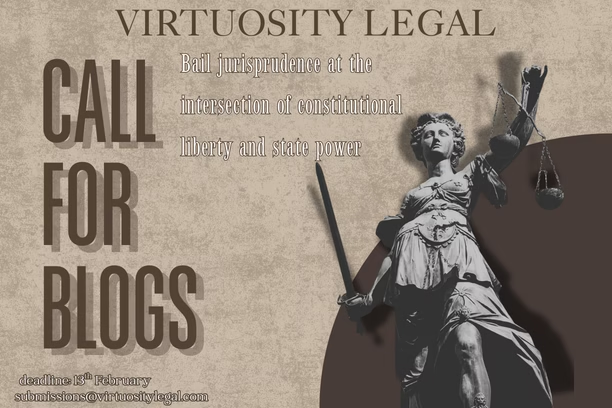
From Safeguard To Straitjacket: Bail Jurisprudence Under India’s NDPS Regime
ABSTRACT This article explains the law of bail under the Narcotic Drugs and Psychotropic Substances Act, 1985 in clear and accessible terms while critically examining how it operates in practice. It outlines the basic idea of bail as a mechanism that allows an accused person to remain at liberty during investigation and trial and contrasts…
-

Settled Position or Persisting Confusion: Examining the Evolving Jurisprudence on PMLA Offence vis-à-vis Predicate Offence
One of the current debates relating to the Prevention of Money Laundering Act, 2002 (“PMLA”) concerns the relationship between the predicate offence and the offence of money laundering under PMLA. While the Supreme Court in 2022 declared that money laundering can only exist when the predicate offence does, the implications of quashing, dismissal, or acquittal…
-
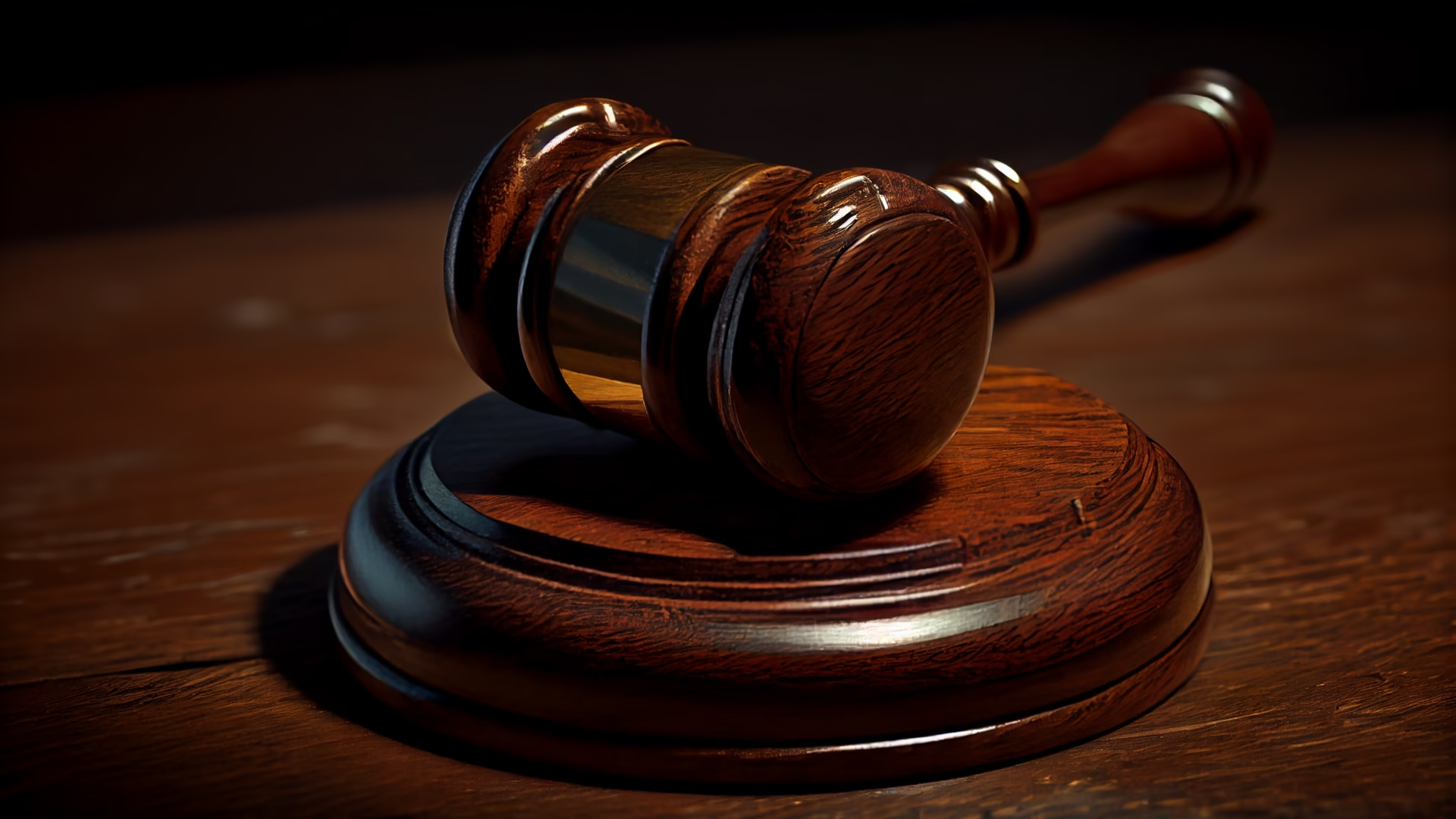
Is Life Imprisonment Without Remission a ‘Fourth Category’ of Punishment?
Life imprisonment without remission is a penal sentence in which the convict remains incarcerated for their entire natural life, without the possibility of release. This form of punishment is problematic for several reasons. It raises significant human rights concerns, as it deprives individuals of any hope for release, which can be considered inhumane and degrading.…
-
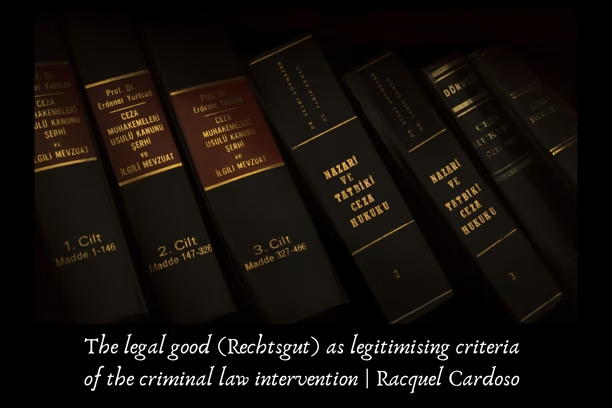
The legal good (Rechtsgut) as legitimising criteria of the criminal law intervention | Raquel Cardoso writes
Introduction The use of criminal law, as the most coercive means available to the state (or other entities bearing ius puniendi) to shape individual behaviour, must be accompanied by one question: what is its purpose? What function should criminal law serve? In short, what legitimises the state’s restriction of the most fundamental rights of the…
-
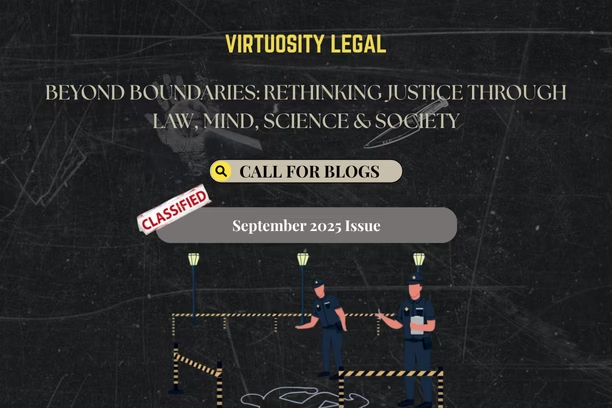
Necrophilia: Unheard Voice Of Those Buried
Imagine a person who is mute and locked within a black box. Suddenly, a shadowy figure appears, gratifies their own desire with the person, and then disappears. Now, the individual cannot invoke Article 21 nor claim the status of a victim of sexual assault simply because they are not alive.Now imagine, someone rapes a person…
-

Borders of Justice: What India Can Learn from Global Models of Criminal Reform
1. Introduction Where prison walls are groaning with twice their intended capacity and justice drags at the pace of paperwork, the idea of reform often seems pie in the sky. India’s criminal justice system, deeply ingrained in colonial legacies is confronting an unfathomable crisis of legitimacy. Prisons are operating at 250-400% of their sanctioned capacity,…
-

Digital Trauma and Victimology: Rethinking Justice in the Age of Cybercrime
A teenager’s humiliation goes viral. Deepfake is a form of identity theft in which an individual takes on the identity of an unsuspecting professional. A survivor re-experiences their trauma whenever their name is searched. Now, where bruises and broken bones were once considered the most serious, they pale in comparison to the wounds that may…
-

Therapeutic Jurisprudence and Healing-Centered Jurisprudence
Abstract This article traces the origins and development of therapeutic jurisprudence and healing-centred jurisprudence, two movements that have transformed the face of law by proposing a move from penal to restorative and rehabilitative paradigms of justice. Therapeutic jurisprudence, pioneered by David Wexler in 1987, focuses on the psychology of law processes and draws attention to…
-
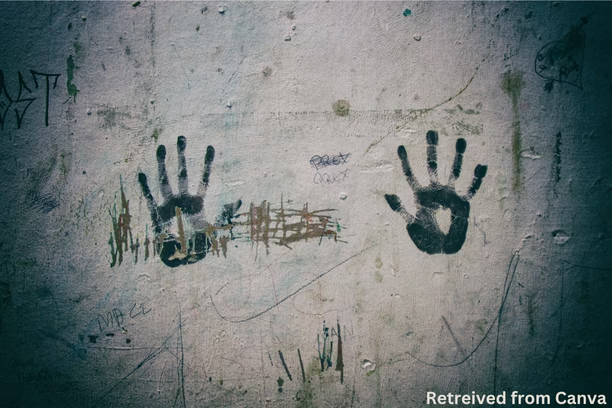
Witch-Hunting is Real. So Is Legal Apathy.
On the night of July 6th this year, in Tetgama village, Bihar, five members of a family, including three women, were brutally beaten and burned alive by a mob of nearly 200 villagers. The alleged reason: the family had been accused of practicing witchcraft following the death of a child. As per police reports, the…
-

Euthanasia: Exploring Criminal Liability and Individual Autonomy
Abstract Euthanasia occupies a profound and intricate space where law, ethics, and medicine converge, prompting deep reflection on the boundaries of personal freedom and the state’s role in life-and-death decisions. It raises poignant questions about whether individuals should have the right to choose a dignified death and how societies balance this with the intrinsic value…
